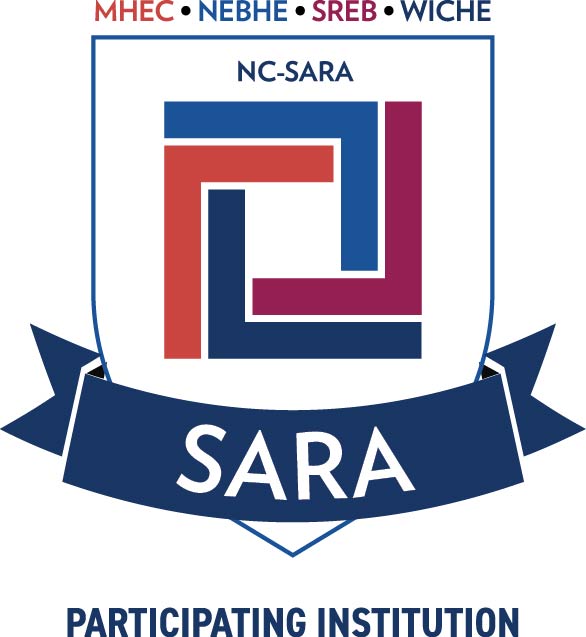State Authorization and Out-of-State Complaint Resolution
Overview
Online and distance education is an important part of Columbia Gorge Community College's program offerings. CGCC cooperates fully with the Department of Education and State agencies to comply with required authorizations so that the college can contiune to provide educational access to students across the country. CGCC is evaluating and working to comply with these various requirements and will provide up-to-date information when available.
State Authorization under SARA
Columbia Gorge Community College is an approved member of the National Council for State Authorization Reciprocity Agreements (NC-SARA). As a member of NC-SARA, CGCC has agreed to abide by national standards for the interstate offering of post-secondary distance education courses and programs. Membership to NC-SARA eases the institutional regulatory requirements at the states' level, allowing for broader access to online learning to students in SARA-participant states.
abide by national standards for the interstate offering of post-secondary distance education courses and programs. Membership to NC-SARA eases the institutional regulatory requirements at the states' level, allowing for broader access to online learning to students in SARA-participant states.
As an NC-SARA member institution, Columbia Gorge Community College is authorized to offer courses and programs within 49 of the 50 U.S. States, the District of Columbia, and the U.S. Territories (American Samoa, Guam, the Northern Mariana Islands, Puerto Rico, and the U.S. Virgin Islands) via online, distance and/or out-of-state learning placements.
While California is not currently a member of the NC-SARA agreement, based on California regulatory requirements, Columbia Gorge Community College is exempt from obtaining authorization from California to offer courses and programs via online, distance or out-of-state learning placements in California.
Complaint Resolution
CGCC Student Complaint Process
Columbia Gorge Community College strives to resolve all student complaints in a fair and expedient manner. CGCC distance education students wishing to file a formal complaint must first seek resolution through CGCC's internal General Complaint Procedures for StudentsPDF. Students may also contact Student Services for more information.
State Authorization Reciprocity Agreement (SARA) Complaint Process
CGCC participates in the State Authorization Reciprocity Agreement (SARA) through the Oregon Higher Education Coordinating Commission (HECC). If a student's complaint cannot be resolved internally at CGCC, and if the student resides in a SARA member state, the student may also file a complaint through the Oregon Higher Education Coordinating Commission as per the following directive from the HECC:
Students should attempt to resolve any grievances they may have with their school first. Should attempts to resolve these problems with appropriate school officials fail, or should the student be dissatisfied with the final outcome of the college complaint process, then the Higher Education Coordinating Commission (HECC), can respond to a formal complaint. Students may contact the Higher Education Coordinating Commission, 3225 25th St. SE, Salem, OR 97302 or by sending an email to complaints@hecc.oregon.gov. Students may also access our Complaints web page at https://www.oregon.gov/highered/about/Pages/complaints.aspx
Students not finding satisfaction with CGCC's resolution of a complaint may also contact CGCC's accrediting body, the Northwest Commission on Colleges and Universities.
Out-of-State Complaint Process
Distance students residing outside of Oregon may file a formal complaint with their home state authorizing agency after exhausting internal avenues described above.
Complaint resolution contacts by state
Professional Licensure Disclosures
In compliance with the U.S. Department of Education and the Oregon Higher Education Coordinating Commission (HECC) for participation in the National Council for State Authorization Reciprocity Agreement (NC-SARA), Columbia Gorge Community College (CGCC) provides information pertaining to professional licensure in correlation with appropriate CGCC programs.
CGCC Accreditation
CGCC is regionally accredited by the Northwest Commission on Colleges and Universities (NWCCU). The Oregon State Board of Higher Education has authorized the college to offer career and technical education certificates and associate level degrees. Information regarding complaint process can be found on the NWCCU website.
More Information
WCET summary of requirements
WCET has compiled a summary of what states and institutions need to do to meet the new Federal Regulations.